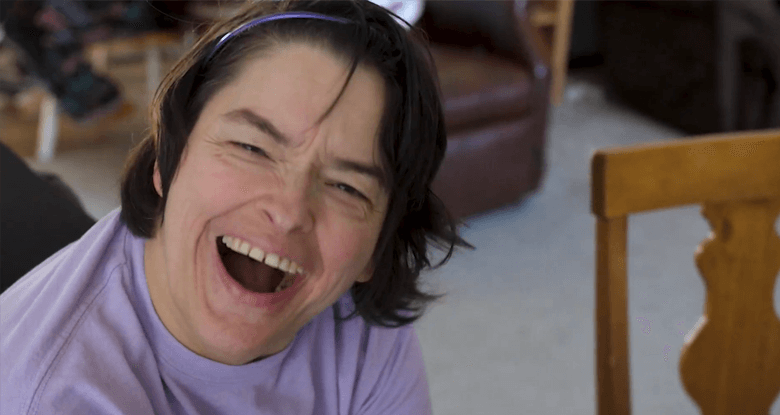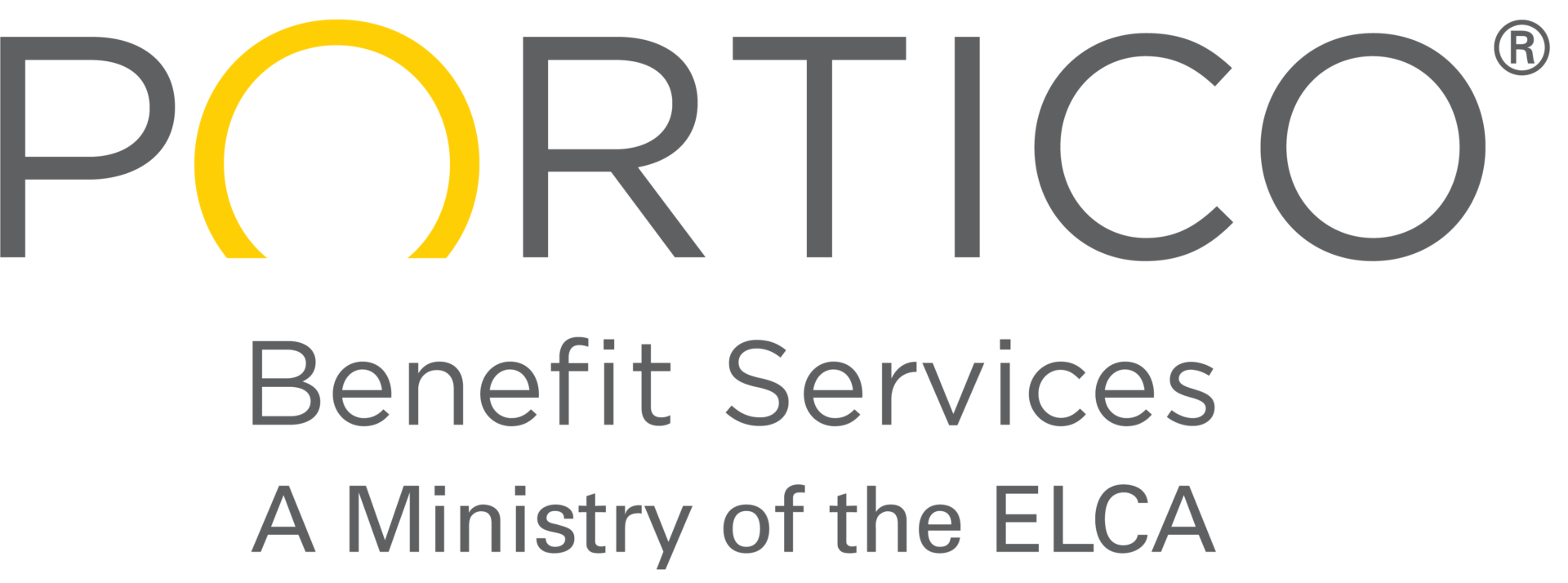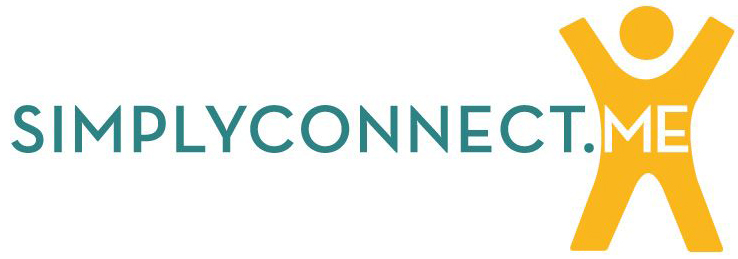Each March, we celebrate National Developmental Disability Awareness Month, 31 days where we can reflect on the progress made for people with developmental disabilities—as well as the challenges that still lie ahead. The developmental disability community has made great strides in its pursuit of equality. The recent passing of Judy Heumann and her storied decades-long fight for disability rights reminds us of the importance of leadership to address barriers that remain in our society and secure equal opportunities for people with disabilities so they too can realize their dreams.
For years, I have had the pleasure of working with a truly talented pool of leaders who are constantly working to draw out the best in others and empower this community to live full and meaningful lives. At Mosaic, much of that is credited to one particular change leader: Sally Montgomery.
In her more than 40-year career at Mosaic, Sally Montgomery, executive director at Mosaic in northern Colorado, has mentored dozens of people who went on to become successful and visionary leaders within the organization, other service providers and the Colorado disability services division. Through a unique ability to see talent and cultivate confidence in people, she has built leadership teams that shape the ongoing move to personalized, quality services across Mosaic and in her home state.
Sally says she truly enjoys mentoring people. Those whose careers she has helped to build agree she has a unique talent in this area.
Strengths, Weaknesses, and the Key to Success
Jessica Eppel, Mosaic’s executive director in Denver and Colorado Springs, began in direct care working under Sally.
“Sally really listens to people, and it is anybody from any level, to learn what their passion is and what they’re interested in doing. One of the things that I appreciated so much about her was that not only did she look for what I was excited about, she supported me in areas that weren’t my talent. She was willing to engage and get me focused in those areas.
“There are so many conversations with Sally that really stick out for me. When she needs to, she’ll be direct, but usually she leads you to see it for yourself, which allows the person she’s developing to gain that skill because they figure out what they missed along the way.”
One big lesson Jessica said she learned from Sally was, “I need team members to augment my weaknesses. If I take an active role in developing the skills that they need help with, I’m going to be more successful in my job, and how amazing it feels that you have helped someone reach the next level.”
Molly Kennis also began in direct care under Sally and is now Mosaic’s vice president of operations for Colorado and Arizona.
Molly said one lesson she learned from Sally is that “Relationships are everything, and you have to take the time to build those for that future success and to get through the hard times. You’ve got to put the time and energy into that. That will be your greatest strength.
“Sally is very intentional about listening and finding things she can connect to—that personal nugget of information about somebody. She is always genuine and authentic, interested and engaged and wants to be talking with you. You want to be around people like that. You feel like you know her really well and she knows you, but it doesn’t cross personal and professional boundaries.”
Building on the Good
Sally’s mentoring and leadership within Mosaic goes beyond her team. While Mosaic has provided our Mosaic at Home (shared living) program for more than 30 years, Sally led the transformation of all residential services within Colorado to Mosaic at Home. After successfully transitioning services in her own location, she helped shape the systems and processes used across Mosaic and mentors executive directors in other locations working to transition services. She is seen as the “go to” expert, not just on the service line, but also as the coach and to help leaders communicate the change effectively and successfully. She also has assisted other leaders with coaching and communication tips to support aligning teams with Mosaic’s strategic roadmap.
Because of Sally’s influence within the state, Alliance Colorado, the service provider organization, recently presented her a Lifetime Achievement Award. Sally said she sees it as an award for what she’s accomplished so far, because she is not ready to stop.
In her own words, Sally says, “I look for the good and build on that. I try to be an example. I like to hear the personal details because they matter to me. You build trust by lifting people up so they know you have them covered, and you believe in the gifts they can bring. That’s what I want them to turn around and do—build empathy and capacity.
Sally Montgomery truly is an exemplary mentor and coach who is building new generations of leaders in intellectual and developmental disability services.
Linda Timmons is the president and CEO of Mosaic.
















